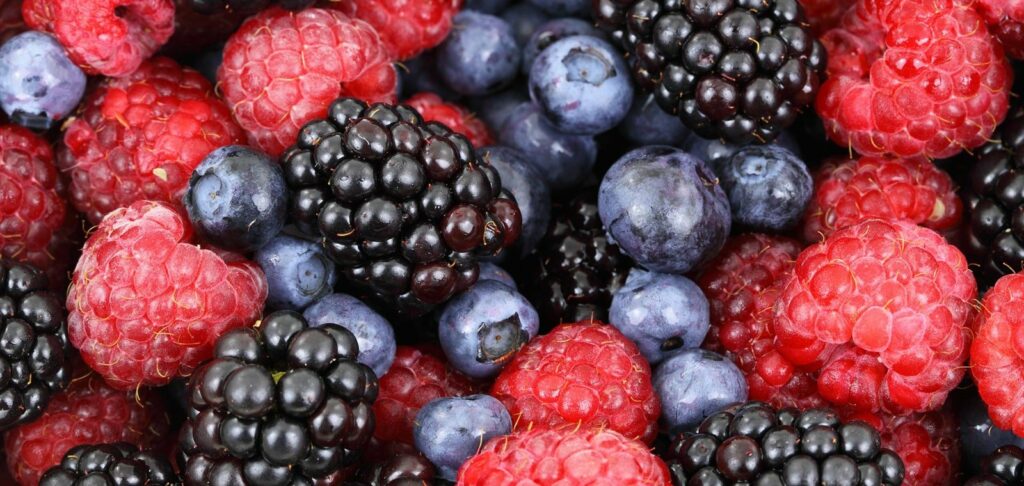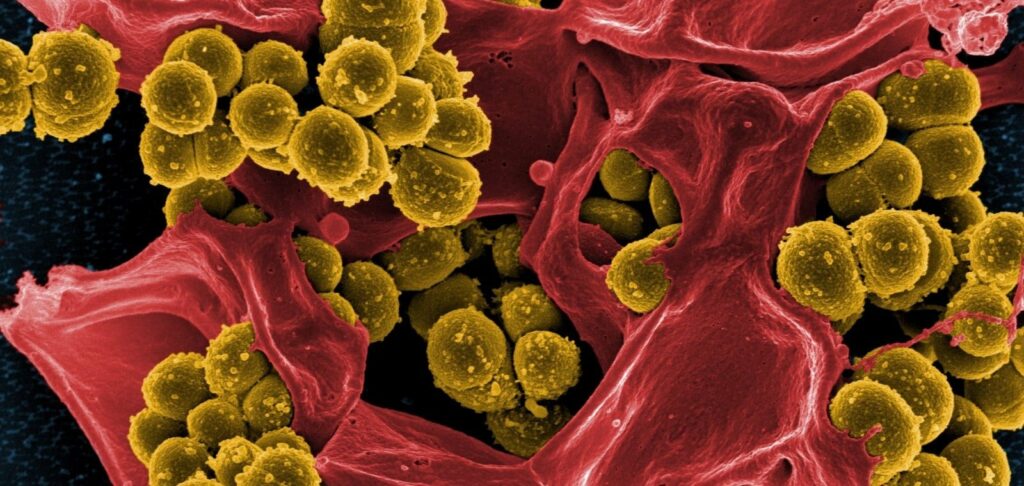
Researchers from the University of Reading [1] studied the diets of more than 25,000 people living in Norfolk, UK, and compared them to blood pressure readings. Unlike most other studies, they did not rely on study participants’ notifications of their diet, but instead measured it objectively using nutritional biomarkers in the blood. This is considered the “gold standard” of all dietary studies because it allows for objective measurement of nutrient intake and allows for differences in food composition.
The researchers found that the difference in blood pressure between patients with the lowest intake of flavanols and those who consumed the highest amounts of flavanols ranged from 2 to 4 mm Hg. This can be compared to the significant changes in blood pressure seen in those following the Mediterranean diet or Dietary Approaches to Stop Hypertension (DASH). Notably, the effect was more pronounced in participants with hypertension. This suggests that if the population increased their consumption of flavanols, there could be an overall reduction in the incidence of cardiovascular disease.
Photos by Shutterstock / FOTODOM UKRAINE
-
- Javier I. Ottaviani, Abigail Britten, Debora Lucarelli, Robert Luben, Angela A. Mulligan, Marleen A. Lentjes, Reedmond Fong, Nicola Gray, Philip B. Grace, Deborah H. Mawson, Amy Tym, Antonia Wierzbicki, Nita G. Forouhi, Kay-Tee Khaw, Hagen Schroeter, Gunter G. C. Kuhnle. Biomarker-estimated flavan-3-ol intake is associated with lower blood pressure in cross-sectional analysis in EPIC Norfolk. Scientific Reports, 2020; 10 (1) DOI: 10.1038/s41598-020-74863-7



